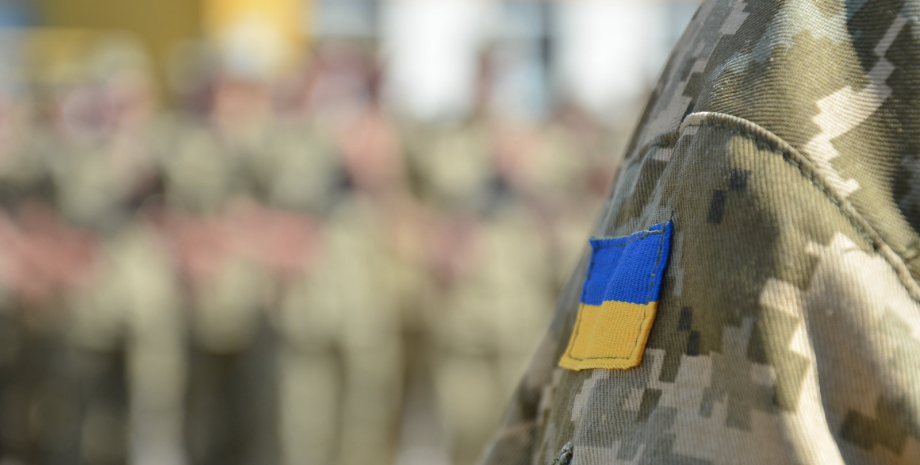
 By Victor Duda
By Victor Duda
According to the survey, 25% of respondents noted that most of their surroundings avoid mobilization, while 47% said some of their acquaintances try to evade and others ready for mobilization. 10% of respondents say that their acquaintances are mostly ready for mobilization. Given that some of the familiar Ukrainians are ready for mobilization, we can conclude that the overall readiness for mobilization is at an average level rather than low.
It is noted that the tendency to evade mobilization is most common in the eastern region, where 39% of respondents said that most of their acquaintances try to avoid mobilization. In the southern region, this share is 32%, in the western region - 29%, and the lowest share is observed in the central region (15%). However, a high level of readiness to join mobilization is observed in the eastern, southern and western regions (5-9%), and slightly higher (15%)-in the central region.
Most of the respondents expressed their willingness to defend the country from Russian invaders. For example, 7% are ready to join the defense forces in the event of mobilization, 9% are ready to do so if hostilities are approaching their place of residence and 35% are focused on providing assistance in the non -military sphere. The survey was conducted by the Democratic Initiatives Foundation and Razumkov Center from March 21 to March 27, 2024 among 2020 respondents.










All rights reserved IN-Ukraine.info - 2022